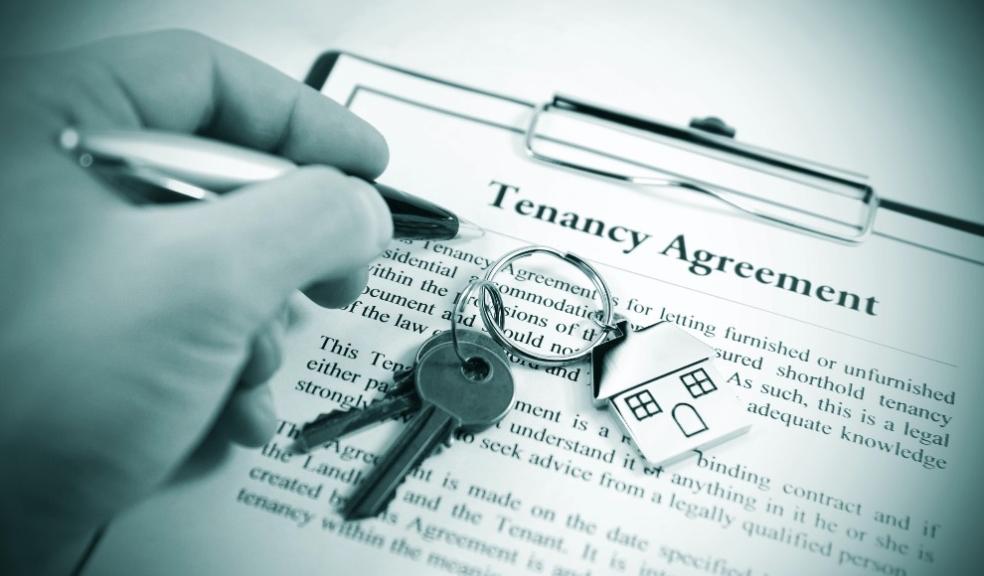
Is Your Rental Property Up to Standard?
Rented accommodation is something on which a great many in the UK rely. To be precise, the renting population of the nation accounts for around a fifth of all homes nationally. This is a great deal of people relying on tenancies, and a number that is steadily on the rise.
The Rush to Rent
Indeed, rental properties have become hot property in recent years, with demand for tenancies quickly rising, and in some cases exceeding supply. The main catalyst for this has been the volatility in the housing market over the past five years.
Rampant house price increases, followed by a sharp drop and simultaneous spike in mortgage rates, have seen properties become less and less affordable for the average first-time buyer. Not only are younger households renting for longer, but some homeowners are getting priced out of their own mortgage – necessitating a return to renting.
If you are new to renting as a young adult waiting for a buying opportunity, or as a one-time homeowner that found themselves in negative equity, you might be somewhat naïve to the rights you have as a tenant. Landlords are required to meet a number of safety and home quality standards, failure of which to provide could be detrimental your personal living situation as well as highly illegal. What should you be looking out for as a tenant, and is your own property up to standard?
Safety Checks and Documentation
One of the more important pieces of safety documentation a landlord must be able to provide is an annual Gas Safety Certificate. This confirms that a certified engineer has visited the property and verified the safety of the central heating system and gas supply.
Furnished accommodations should also come with proof of PAT testing for appliances, to ensure that electrical equipment is safe for tenant use. The tenancy agreement itself is a useful document for enshrining tenant safety, as it will ensure that the landlord is directly responsible for the upkeep of the property to safe and liveable standards.
What Happens When a Property Falls Into Disrepair?
The above checks and balances are not pro-tenant bureaucracy for the sake of it; they exist to ensure that properties remain safe and liveable. Without them, properties can quickly fall into disrepair, risking the tenant in the process.
If your landlord were to fail to fix a loose stone step outside despite repeated requests from you, you could slip and fall, injuring yourself poorly. Through negligent practice, you might find yourself with a civil case against your landlord, though the compensation would not undo the damage done.
With regard to the above documentation, the same principle applies. Without an annual gas safety certificate, the risk of a carbon monoxide leak increases – this time threatening your mortality. Likewise, failure to properly install carbon monoxide or smoke alarms could dramatically increase the risk or injury or death.








